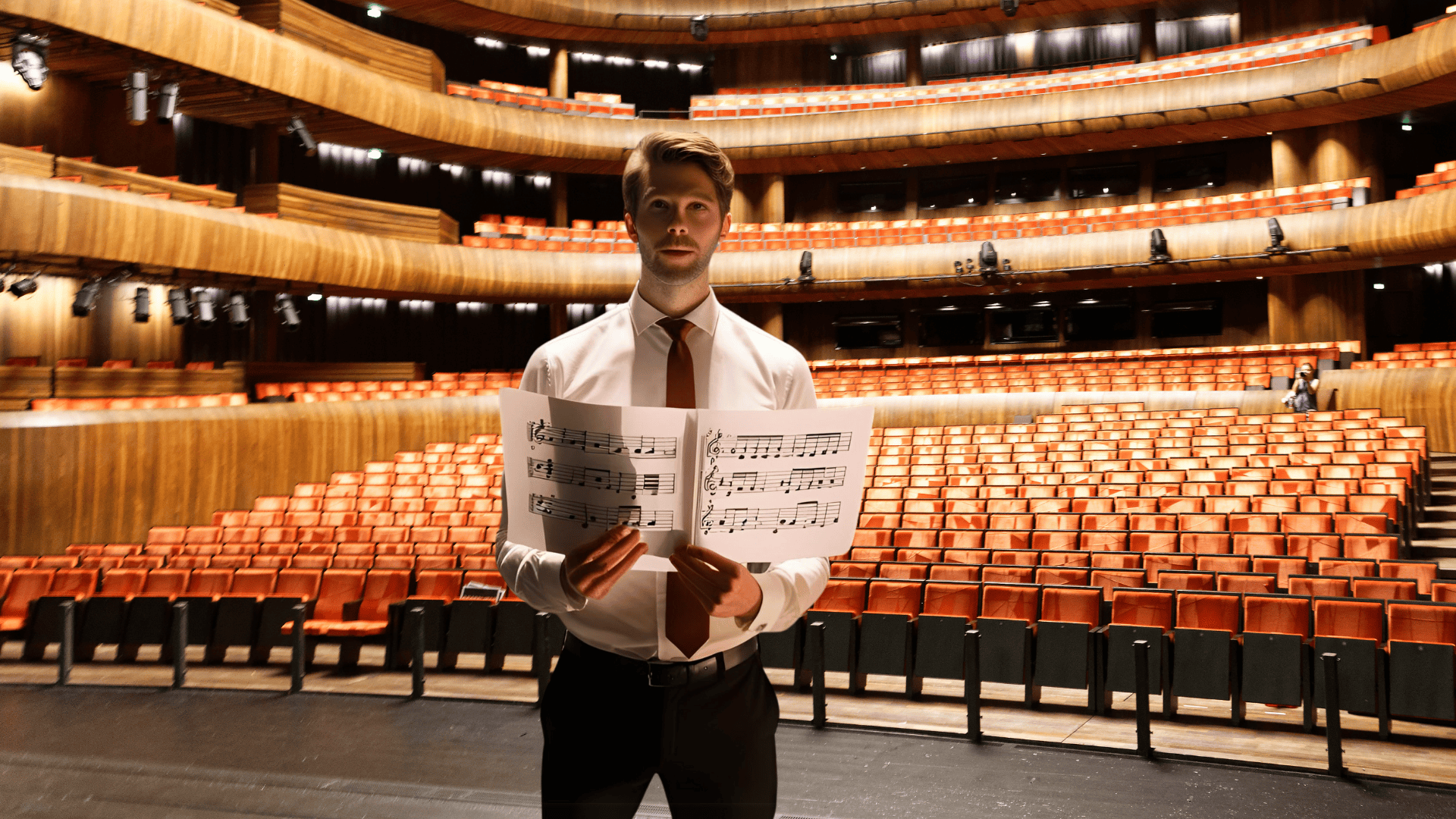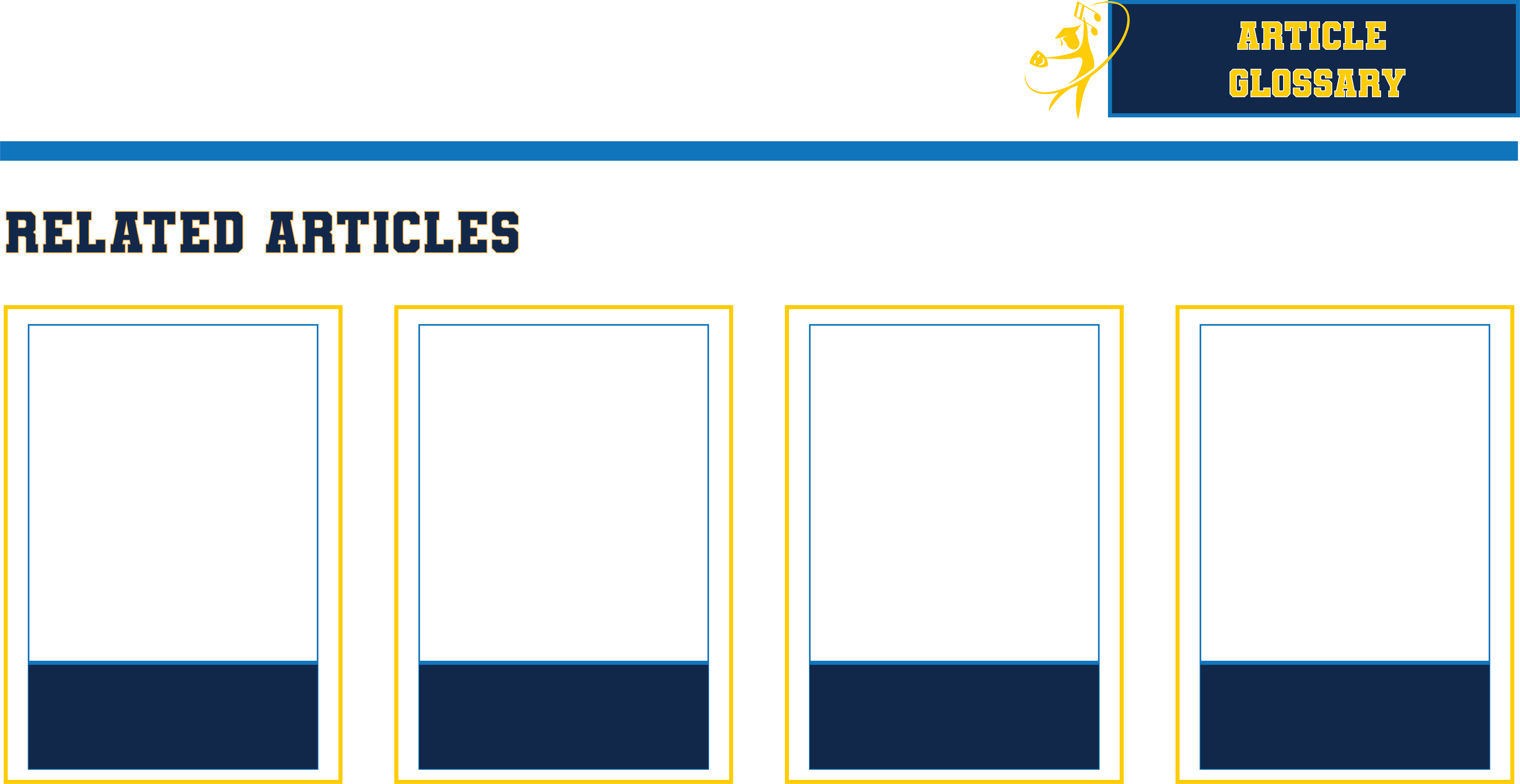
Picture this:
You walk into an empty auditorium. No spotlight. No introductions. Just silence thick enough to swallow a breath.
There’s a curtain drawn behind —tall, dark, unmoving.
Behind it sits a panel of judges. Professionals. Directors. Teachers.
Some of them may know you… but not right now.
Right now, they don’t see your face. They don’t hear your name.
You’re not a person to them —not yet.
You’re a number on their audition sheet.
A blank slate with a sound waiting to happen.
Your fingers tremble for a moment. Your lungs hold. Your heart thuds like a timpani.
And then — you sing. You sing to an empty house.
No smiles. No eye contact. No stage presence to fall back on.
Only the tone. The phrasing. The control. The soul.
This is a blind audition.
And yes — it’s exactly what it sounds like.
No one is there to intimidate you. It’s there to protect the process — to keep it clean, fair, and focused only on one thing: the music, your performance.
They don’t know your story.
They don’t know your personality.
All they know is what you’ve brought to this moment, in sound.
And if you do it right?
That number — your number — becomes unforgettable.
Because when they can’t see you, your music has to shine louder than your name.
What Is a Blind Audition?
A blind audition is when judges evaluate a musician only by how they sound. They can’t see your facial expressions, your stage presence, your body language — or even who you are. Blind auditions are designed to eliminate bias — or at least reduce it. That way, decisions are made based on skill and musicality, not personal relationships, appearance, or reputation.
Who Uses Blind Auditions?
You might think blind auditions happen everywhere, but they’re actually pretty rare— especially in college admissions.
• Most colleges and universities do not use blind auditions.
• Some top conservatories may use them, but even then, it’s limited.
• Youth orchestras, scholarship foundations, and competitions are where blind auditions are more common — specially when scholarships are on the line.
For example, one Midwest youth orchestra gives out $20,000 in scholarships every year to help students attend summer programs or college. Their panel — made up of directors who know many of the students personally — listens to audition recordings without knowing who’s playing. That helps make the process as fair as possible.
Why It Matters
Blind auditions level the playing field. Let’s be real: Sometimes in music, people get opportunities based on who they know or how they act — not just how they play. A blind audition removes all of that and puts the focus right where it belongs: on the music. It’s not about personality. It’s not about who your teacher is. It’s not even about how confident you look walking into the room. It’s about the sound you create.
Final Thoughts
Blind auditions may feel unfamiliar, but they’re one of the most honest opportunities a musician will face. No introductions. No facial expressions. No second chances to make a first impression. Just your sound — pure and unfiltered.
That can be intimidating, but it’s also powerful. In that moment, you are your music. Not your résumé. Not your reputation. Not your personality. Just the skill, expression, and preparation you bring to every note.
So take blind auditions seriously. Learn to communicate with your sound alone. Record yourself. Listen critically. Refine the details others might overlook.
Because when judges can’t see you, they’re forced to truly hear you. And if you’re ready — really ready —that’s more than enough.
Let your playing and singing speak. Let it lead. And let it open the doors that no one can close.
